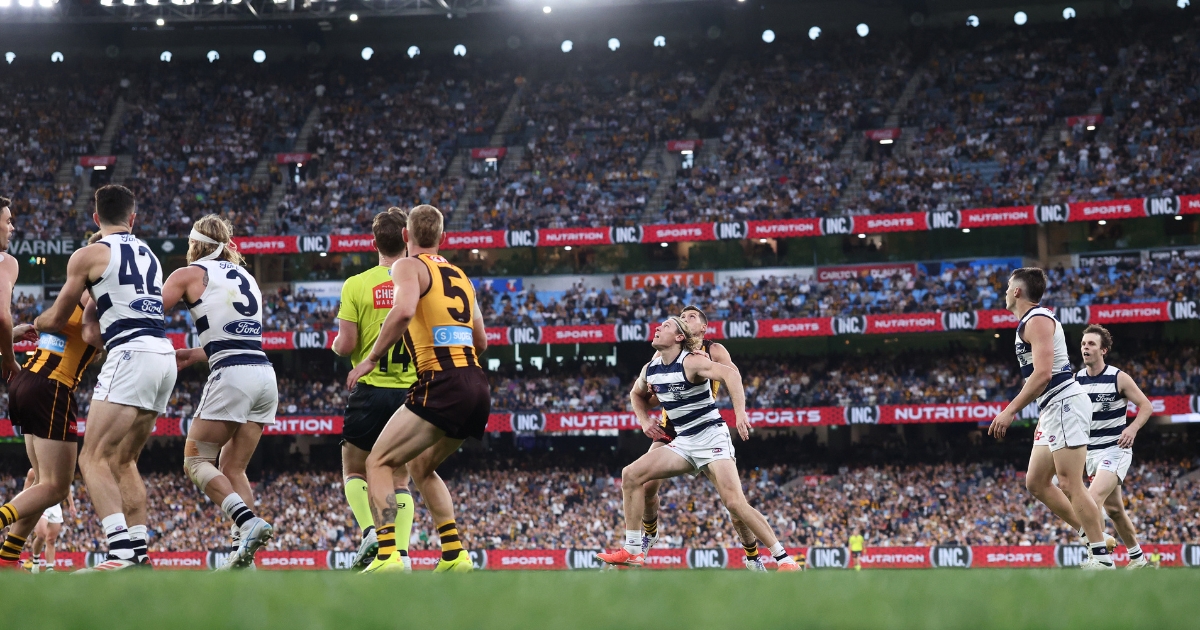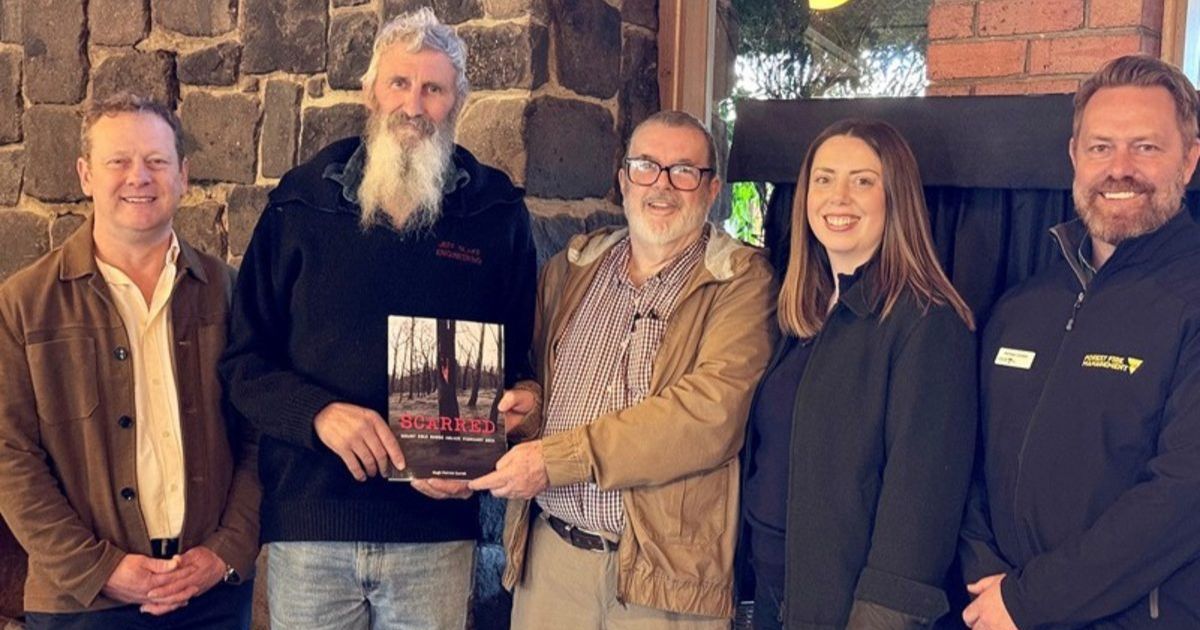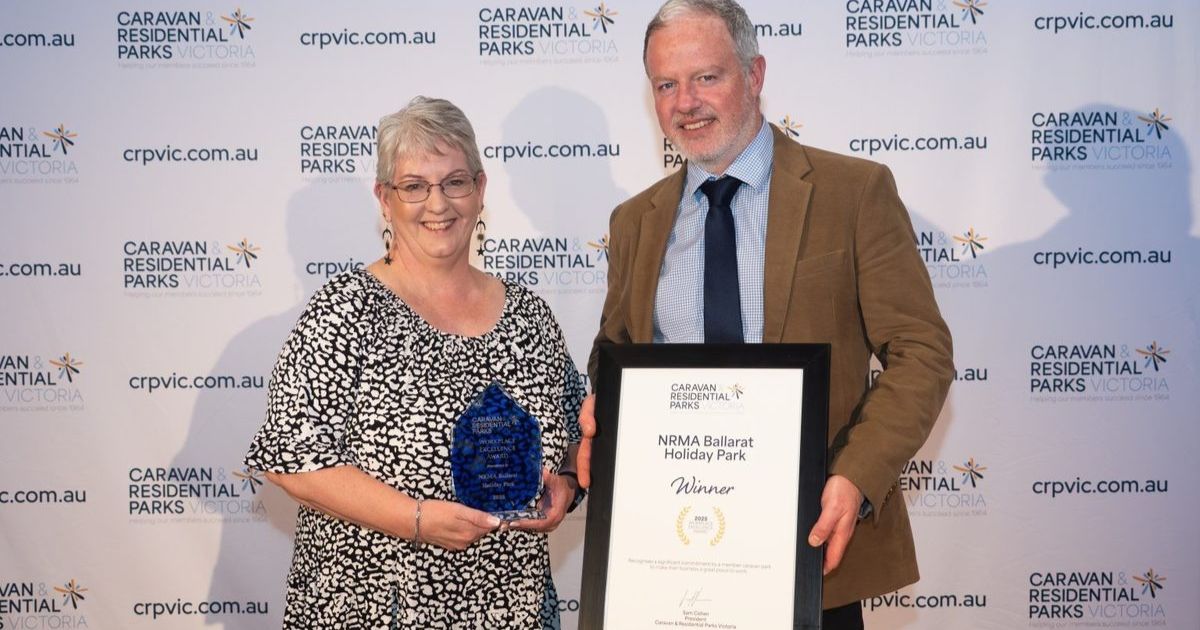Bowls fundraiser has plenty of heart

On the pulse: Kendl Gorrie from BHS’ cardiac rehab team shows Ballarat District Bowls Division’s Lionel Calf how the new monitors operate. Photo: EDWINA WILLIAMS
SIX thousand dollars’ worth of new cardiac equipment at Ballarat Health Services has been funded by a donation from the Ballarat District Bowls Division.
Every January over the past 33 years, BDBD has held their one-day Heartbeat Bowls Tournament to generate funds for both local hospitals’ cardiac rehabilitation programs.
The proceeds of the 2020 event have secured three blood pressure monitors for the BHS cardiac-stroke ward.
BDBD committee member Lionel Calf said the tournament has raised at least $100,000 in its history, and more than $37,000 has been generated in the last six years.
“Three of us run the tournament every year across Ballarat and City Oval bowling clubs. We charge $10 each to play, but we have a lot of raffles. This year we had 28,” he said.
“The donations from people around the Ballarat area is phenomenal. We’ve got a lot of sponsors, including a major carpet firm that donates $2000 every year.
“We had more entries this year than last and the tournament is getting bigger and bigger. The response is always magnificent because Ballarat’s cardiac treatment is great, and we want to continue to help people in our hospitals.”
BHS’s heart-failure clinic and cardiac rehabilitation program also recently secured a portable electrocardiogram machine, which can be used in-house or taken on external residential visits.
The portable ECG can determine whether a person needs cardiac treatment, or if they are critically unwell.
This was purchased with funds mostly raised by members of charity, the Heartbeat Victoria Ballarat Branch, who generated money via their volunteer marshalling at the Ballarat Swap Meet, and at a Bunnings sausage sizzle.
BHS nurse practitioner and Heartbeat Victoria Ballarat Branch president Linda Macaulay said the blood pressure monitors will not only benefit cardiac patients.
“This equipment is also being used for all patients on-ward. That’s a really important thing for Ballarat, and it’s a real community donation, because people can see where their money is going,” she said.
“We’re a small community, everyone knows everyone, and that means this equipment is being used on people’s parents, grandparents and friends, and not just cardiac patients.
“These machines will save the nursing staff so much time on a busy ward. They are used hundreds of times a day, so having more is really fantastic.”
The ECG can also help BHS to be “more proactive,” accessing patients that previously may have had to wait a while for appointments.
“For the first time, the heart failure clinic has been able to properly manage patients as they leave hospital and transition to home.
“That’s a very high-risk area where people can become very unwell… so the portable ECG gives us the flexibility to look after the patients properly, rather than waiting for a specialist appointment for three months,” Ms Macaulay said.


















